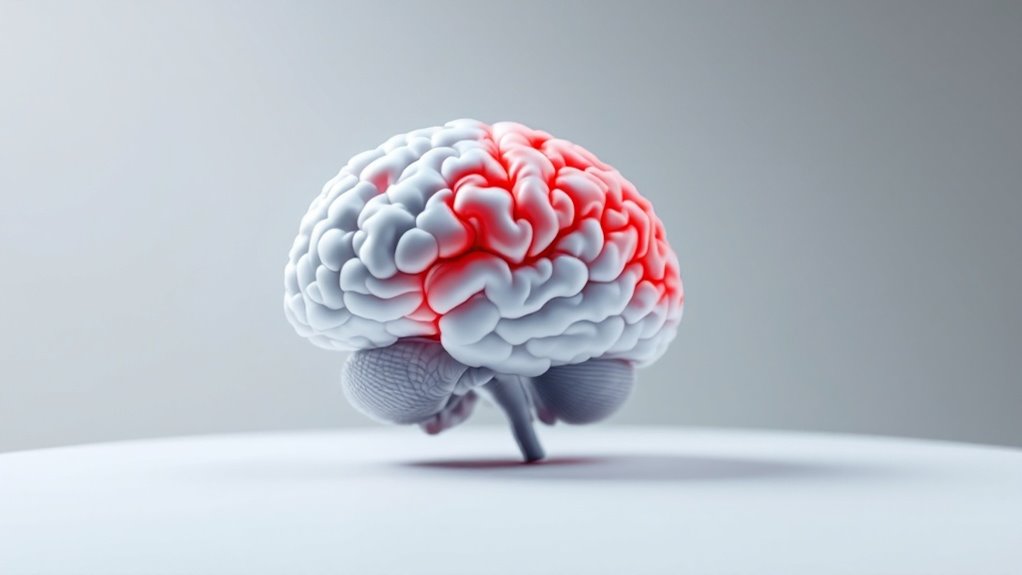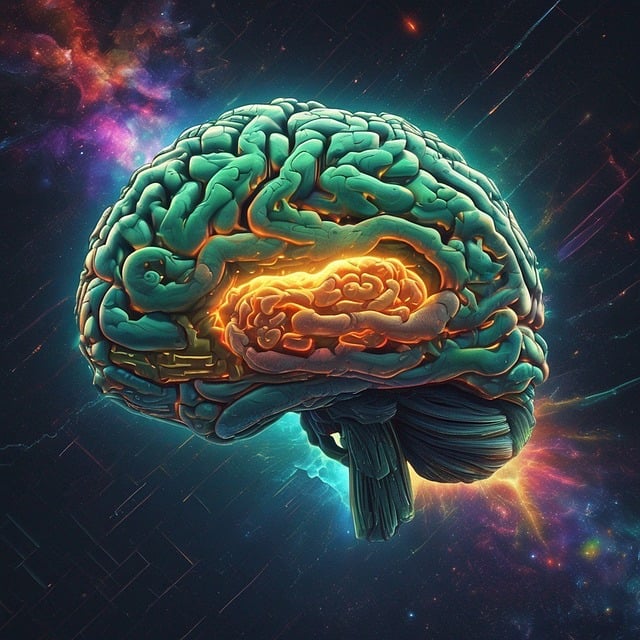Understanding Traumatic Brain Injury:
Definitions and Core Concepts
When you’re dealing with a traumatic brain injury (TBI), you’ll face a complex medical condition that can range from mild concussions to severe brain damage. You’ll need to recognize key symptoms like headaches, confusion, and memory loss while seeking immediate medical care when necessary. Through proper diagnosis, treatment approaches, and rehabilitation strategies, you can work toward recovery.
Speak to an attorney today
Tell us how we can be of service and one of our team members will contact you.
Contact Us
- Traumatic Brain Injury (TBI) occurs when external forces damage the brain, ranging from mild concussions to severe trauma requiring immediate medical intervention.
- Diagnosis involves comprehensive medical assessments, including neurological examinations, imaging tests, and evaluation of cognitive and physical symptoms.
- Treatment strategies vary from rest and monitoring for mild cases to surgery, medication, and intensive rehabilitation for moderate to severe injuries.
- Long-term effects can include persistent cognitive difficulties, physical disabilities, and emotional changes that impact daily life and work capabilities.
Your TBI’s severity can range from mild to severe, affecting how long you’ll experience symptoms and your recovery timeline. Young patients recover better than older individuals after sustaining a TBI.
You might face different types of brain injuries depending on the trauma. A penetrating TBI occurs when an object breaks through your skull, while a non-penetrating TBI happens when your brain moves forcefully within your skull.
The most common form is a concussion, but you could also experience more severe conditions like diffuse axonal injury or hematomas, which involve bleeding around your brain.
Your healthcare providers will classify your TBI’s severity using established systems like the Glasgow Coma Scale.

Types of Damages That May be Awarded From A Brain Injury
A trusted brain injury lawyer from The Law Offices of Frank D’Amico, Jr. knows that when someone sustains a brain injury, the impact can be significant and life-altering. Alongside the physical and emotional toll, there may be substantial financial burdens. Fortunately, there are various types of compensation available to individuals who have suffered a brain injury due to someone else’s negligence or wrongful actions. Below, you’ll find some of the most common types of compensation for brain injuries:
- Medical Expenses: Compensation for medical expenses is a primary form of compensation for brain injuries. It includes costs related to hospitalization, surgeries, medication, rehabilitation, physical therapy, occupational therapy, speech therapy, assistive devices, and ongoing medical treatment. This compensation aims to cover both current and future medical expenses associated with the brain injury.
- Lost Wages and Loss of Earning Capacity: Brain injuries often result in significant disruptions to a person’s ability to work and earn a living. Compensation may include reimbursement for the wages lost during the recovery period and any potential future loss of earning capacity. This accounts for the impact on the individual’s ability to return to their previous occupation or pursue alternative employment opportunities.
- Pain and Suffering: Compensation for pain and suffering seeks to address the physical and emotional distress caused by the brain injury. It takes into account the pain, discomfort, anxiety, depression, and loss of enjoyment of life experienced by the injured individual. Calculating pain and suffering damages often involves subjective factors and may require the expertise of medical professionals and legal professionals.
- Rehabilitation and Therapy: Your brain injury lawyer knows that brain injuries may require extensive rehabilitation and therapy to regain or maximize functional abilities. Compensation can cover the costs of specialized rehabilitation programs, cognitive therapy, vocational therapy, and other necessary services aimed at improving the individual’s quality of life and independence.
- Home Modifications and Assistive Devices: Brain injuries can result in physical impairments that necessitate modifications to the injured person’s home, such as wheelchair ramps, widened doorways, or accessible bathrooms. Compensation can cover the costs of these modifications as well as assistive devices like wheelchairs, walkers, or communication aids.
- Caregiver Expenses: Severe brain injuries may require ongoing care and assistance from professional caregivers or family members. Compensation may be awarded to cover the costs associated with hiring caregivers, including their wages, training, and medical benefits.
- Emotional Distress and Mental Health Treatment: Brain injuries often lead to emotional distress, including anxiety, depression, and post-traumatic stress disorder (PTSD). Compensation can include reimbursement for mental health treatment, counseling services, and therapy to address these psychological effects.
- Loss of Consortium: If the brain injury has caused a significant impact on personal relationships, compensation may be awarded to the injured person’s spouse or family members for the loss of companionship, affection, and intimacy.
Frequently Asked Questions About TBI
You’ll need your doctor’s clearance to fly after a TBI, typically waiting at least 10 days. Travel with a companion and consider flight nurse support for safer air travel during recovery.
Your TBI can impact relationships by altering emotional connections and sexual function through brain changes, affecting intimacy, desire, and physical capabilities. You’ll need medical support and therapy to address these challenges.
Like rolling dice at a casino, your chances of returning to your previous job after TBI vary widely – you’ll find 40-80% succeed within a year, depending on injury severity.
You’ll benefit from a diet rich in omega-3s, healthy fats, and antioxidants. Include fatty fish, dark chocolate, berries, and nuts while staying hydrated and avoiding processed foods.
Time isn’t on your side after TBI – aging worsens disability, accelerates brain aging, and increases risks of health complications. You’ll face greater cognitive decline and higher mortality rates compared to others.

